Sarajevo massacre of JNA troops commemorated
The commemoration of the deaths of the Yugoslav Peoples' Army (JNA) soldiers in Sarajevo's Dobrovoljačka Street passed without incidents on Tuesday.
Tuesday, 03.05.2011.
14:28

The commemoration of the deaths of the Yugoslav Peoples' Army (JNA) soldiers in Sarajevo's Dobrovoljacka Street passed without incidents on Tuesday. This was the case although the Sarajevo Canton police violated an earlier agreement by not allowing a three-member Serb delegation to lay wreaths at the place of the murder of the soldiers, citing security reasons. Sarajevo massacre of JNA troops commemorated About one hundred people comprised of victims' family members, representatives of NGO veterans' organizations and Republika Srpska (RS) government lit candles and laid white roses in the vicinity of the Sarajevo street. The street has since been renamed to bear the name of Hamdi Krusevljakovic. The gathering was held with strong police presence. Nobody has yet faced court charges for the war crime committed on May 3, 1991. According to the Center for investigation of war crimes of RS, a total of 42 people were killed in Dobrovoljacka Street - 10 officers, 28 soldiers and four citizens, and according to ethnic structure, there were 32 Serbs, four Croats, and six Bosniaks (Muslims). The case has been investigated by the Bosnia-Herzegovina Prosecutor's Office for years, and according to recent promises the fate of the case should be known June this year. Based on a Serbian arrest warrant a wartime member of Bosnia's presidency and one of the Muslim leaders, Ejup Ganic, was arrested in London last year, but was later released. This year, also based on a Serbian arrest warrant, wartime Bosnian Army General Jovan Divjak was arrested in Vienna, currently pending a court decision regarding his extradition to Serbia. While Serbs were paying tribute to the soldiers killed on this day 19 years ago, the Islamic Community in Bosnia, as quoted by local media, presented late on Monday Ejup Ganic with an award to for his role in "events in Dobrovoljacka St." Ganic is the first holder of the award, which will be assigned by the Islamic community in the future to those who worked for the benefit of the Bosniak people, the Islamic religion and the state of Bosnia-Herzegovina, it has been reported. Sarajevo's Dobrovoljacka St. on May 3, 1991 (Tanjug)
Sarajevo massacre of JNA troops commemorated
About one hundred people comprised of victims' family members, representatives of NGO veterans' organizations and Republika Srpska (RS) government lit candles and laid white roses in the vicinity of the Sarajevo street.The street has since been renamed to bear the name of Hamdi Kruševljaković.
The gathering was held with strong police presence.
Nobody has yet faced court charges for the war crime committed on May 3, 1991.
According to the Center for investigation of war crimes of RS, a total of 42 people were killed in Dobrovoljačka Street - 10 officers, 28 soldiers and four citizens, and according to ethnic structure, there were 32 Serbs, four Croats, and six Bosniaks (Muslims).
The case has been investigated by the Bosnia-Herzegovina Prosecutor's Office for years, and according to recent promises the fate of the case should be known June this year.
Based on a Serbian arrest warrant a wartime member of Bosnia's presidency and one of the Muslim leaders, Ejup Ganić, was arrested in London last year, but was later released.
This year, also based on a Serbian arrest warrant, wartime Bosnian Army General Jovan Divjak was arrested in Vienna, currently pending a court decision regarding his extradition to Serbia.
While Serbs were paying tribute to the soldiers killed on this day 19 years ago, the Islamic Community in Bosnia, as quoted by local media, presented late on Monday Ejup Ganić with an award to for his role in "events in Dobrovoljačka St."
Ganic is the first holder of the award, which will be assigned by the Islamic community in the future to those who worked for the benefit of the Bosniak people, the Islamic religion and the state of Bosnia-Herzegovina, it has been reported.





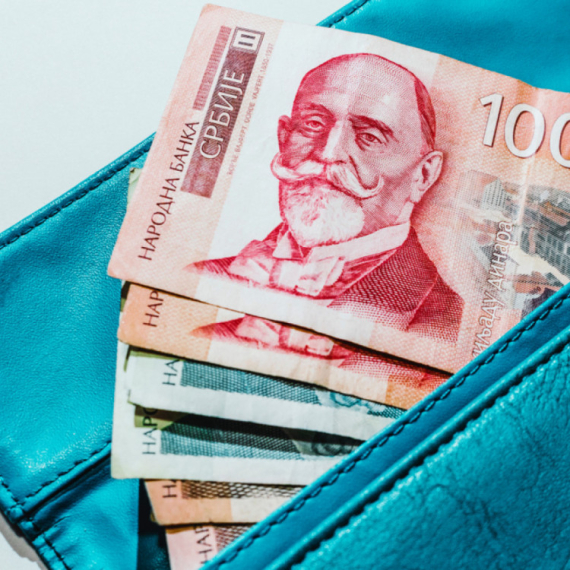






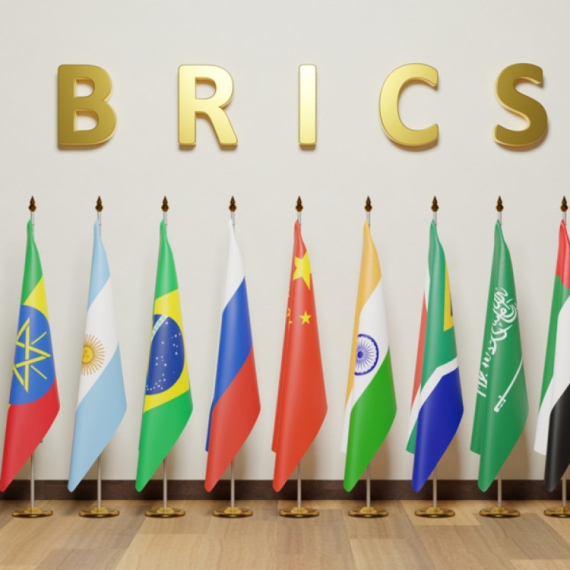
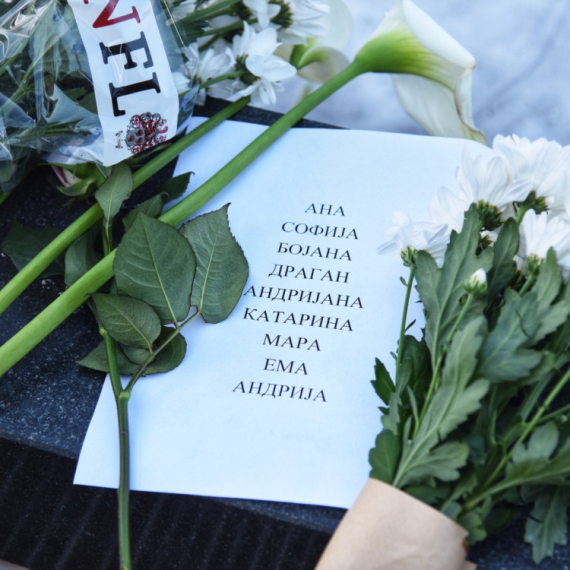
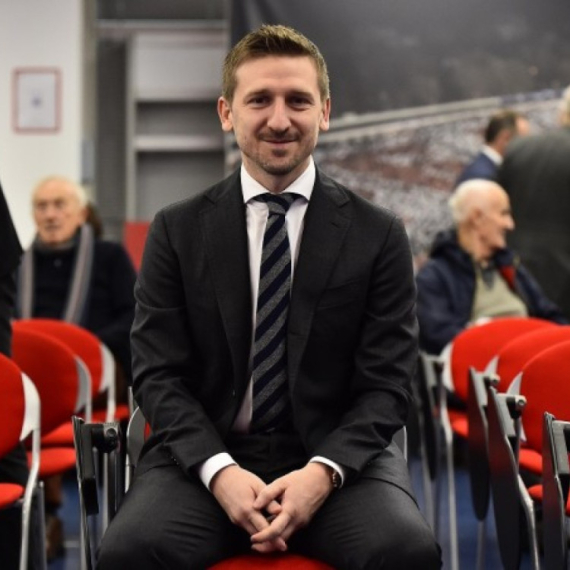
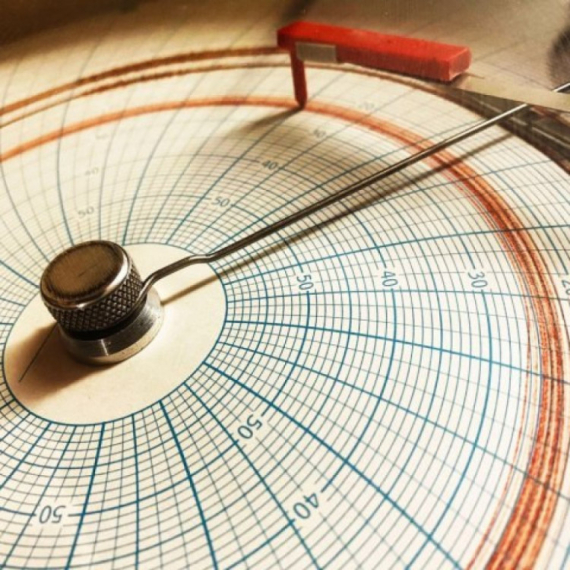
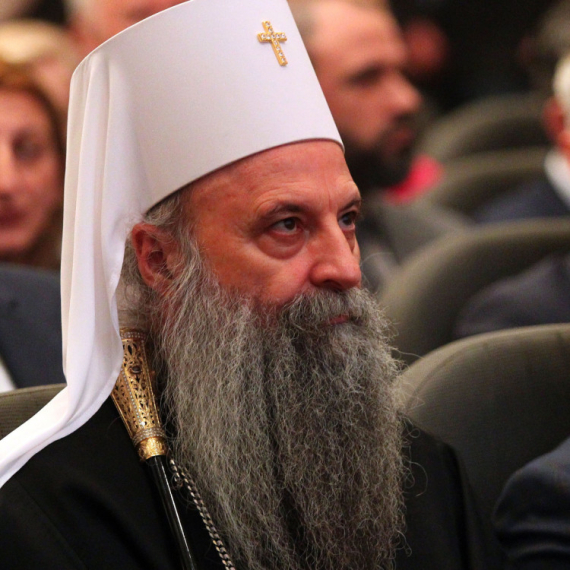
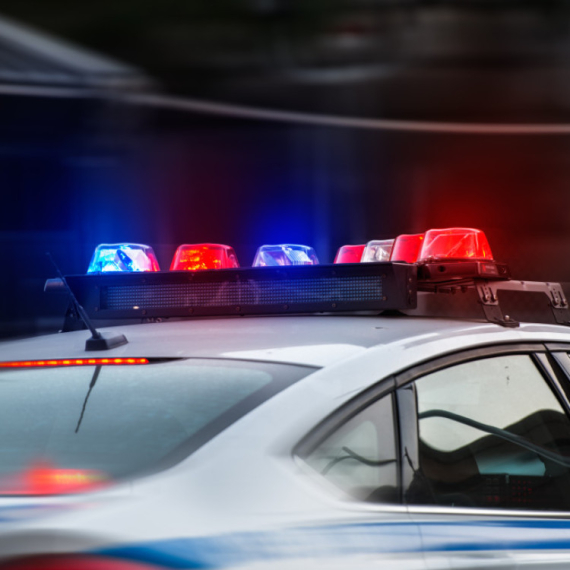
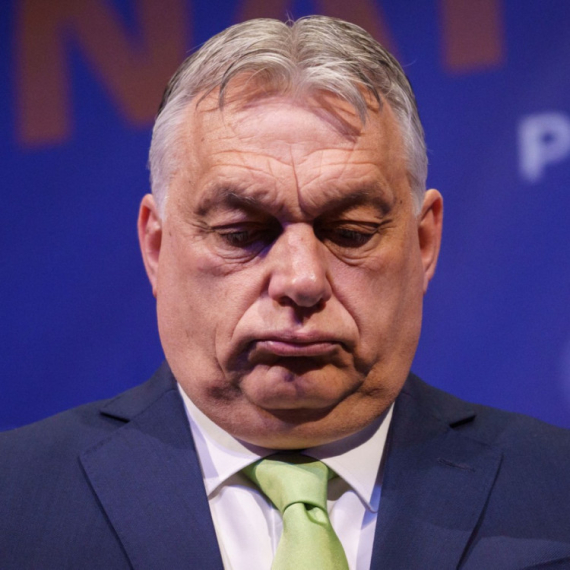
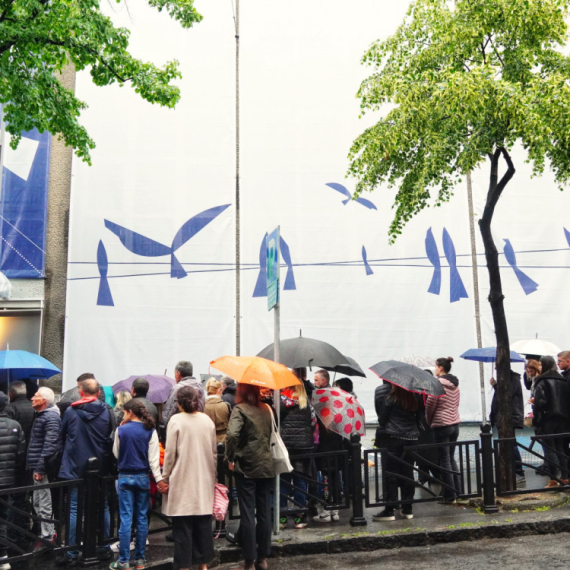

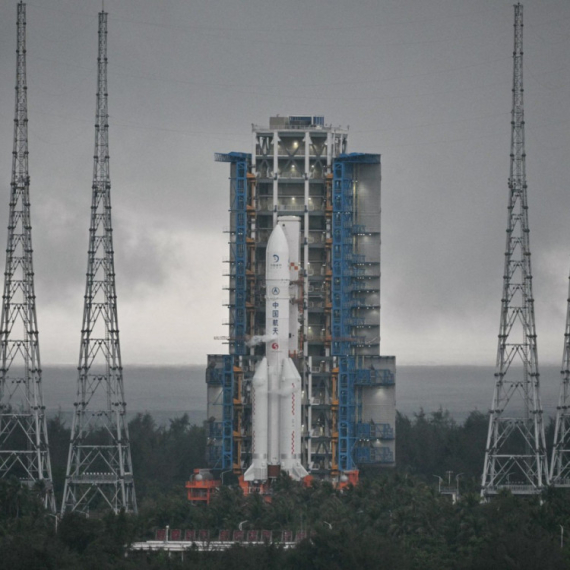

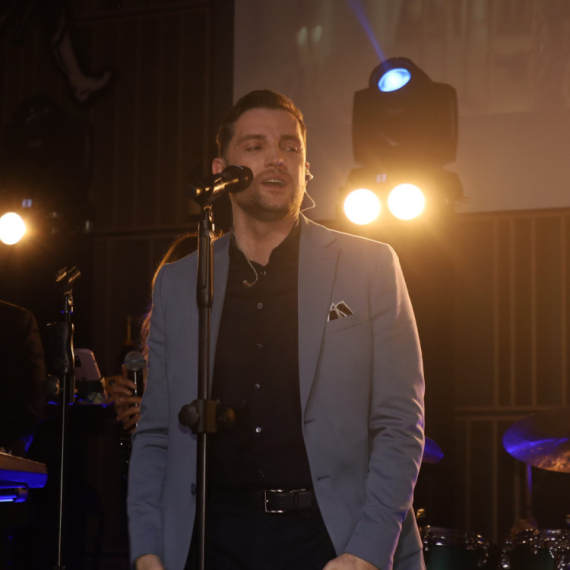







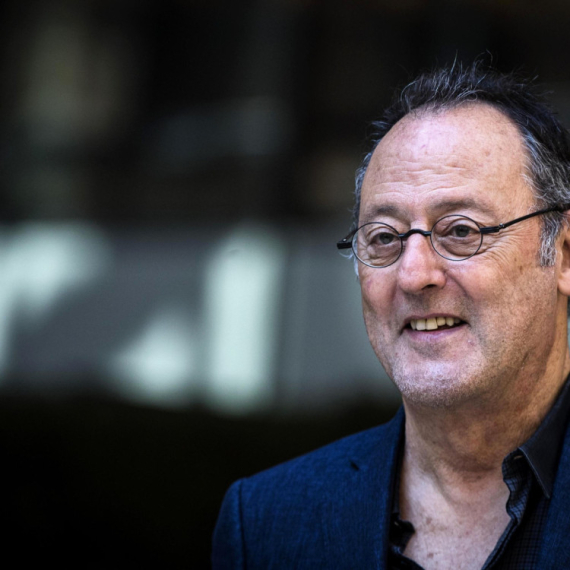














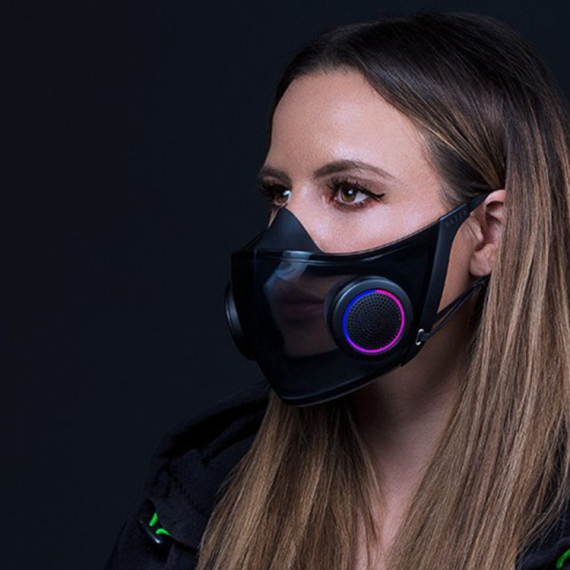
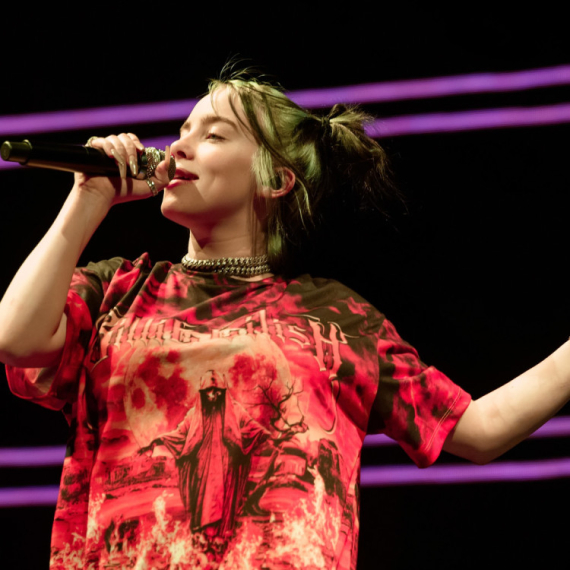


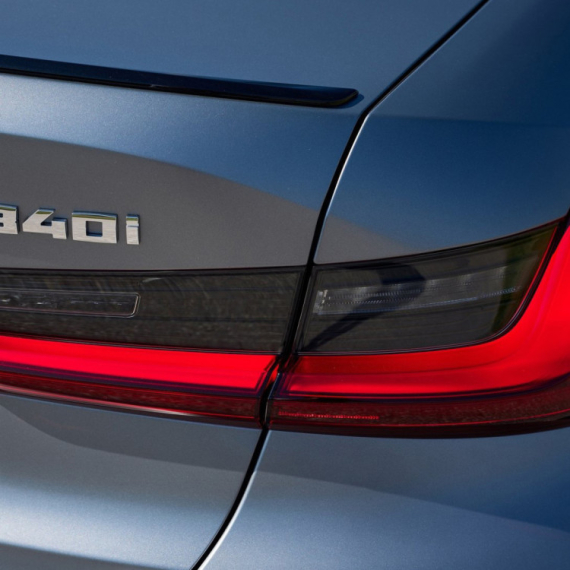


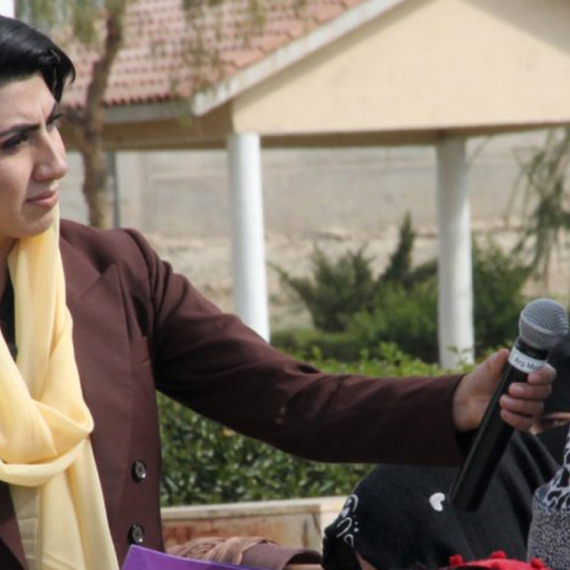
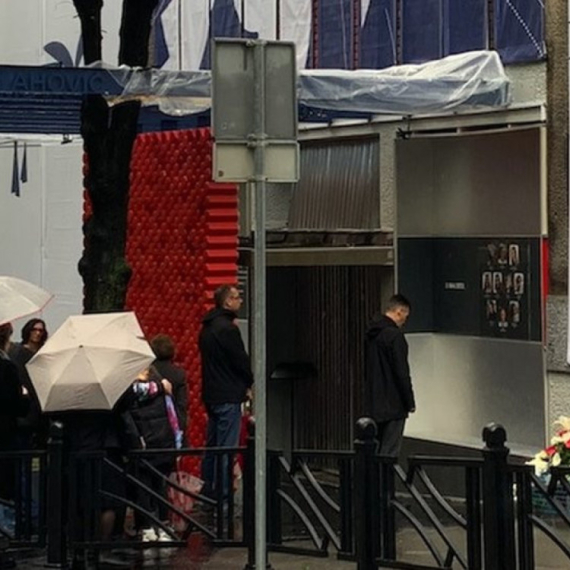
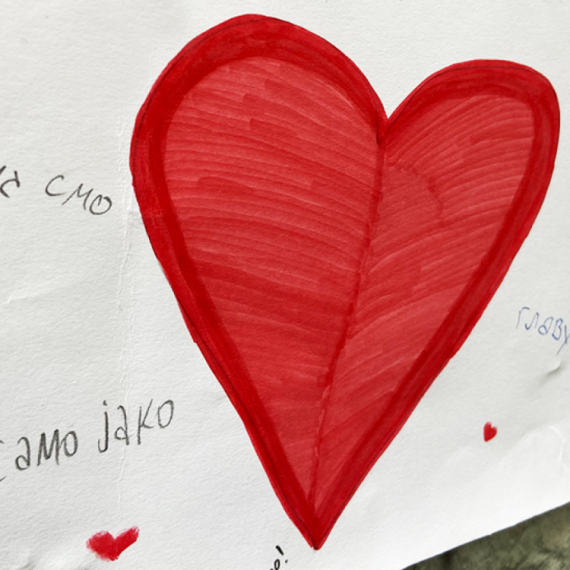

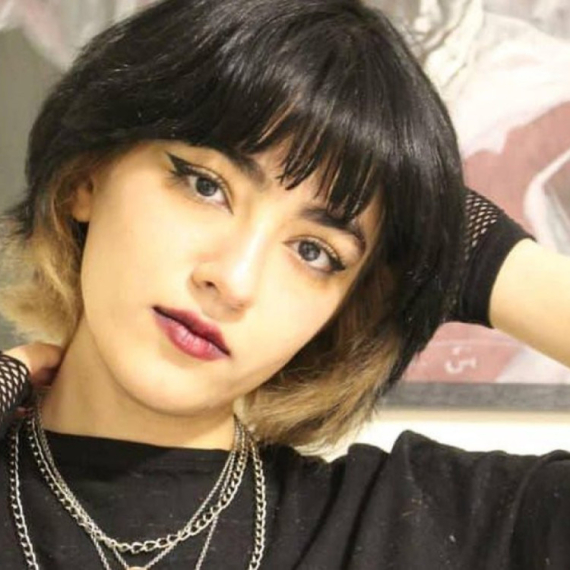

Komentari 3
Pogledaj komentare